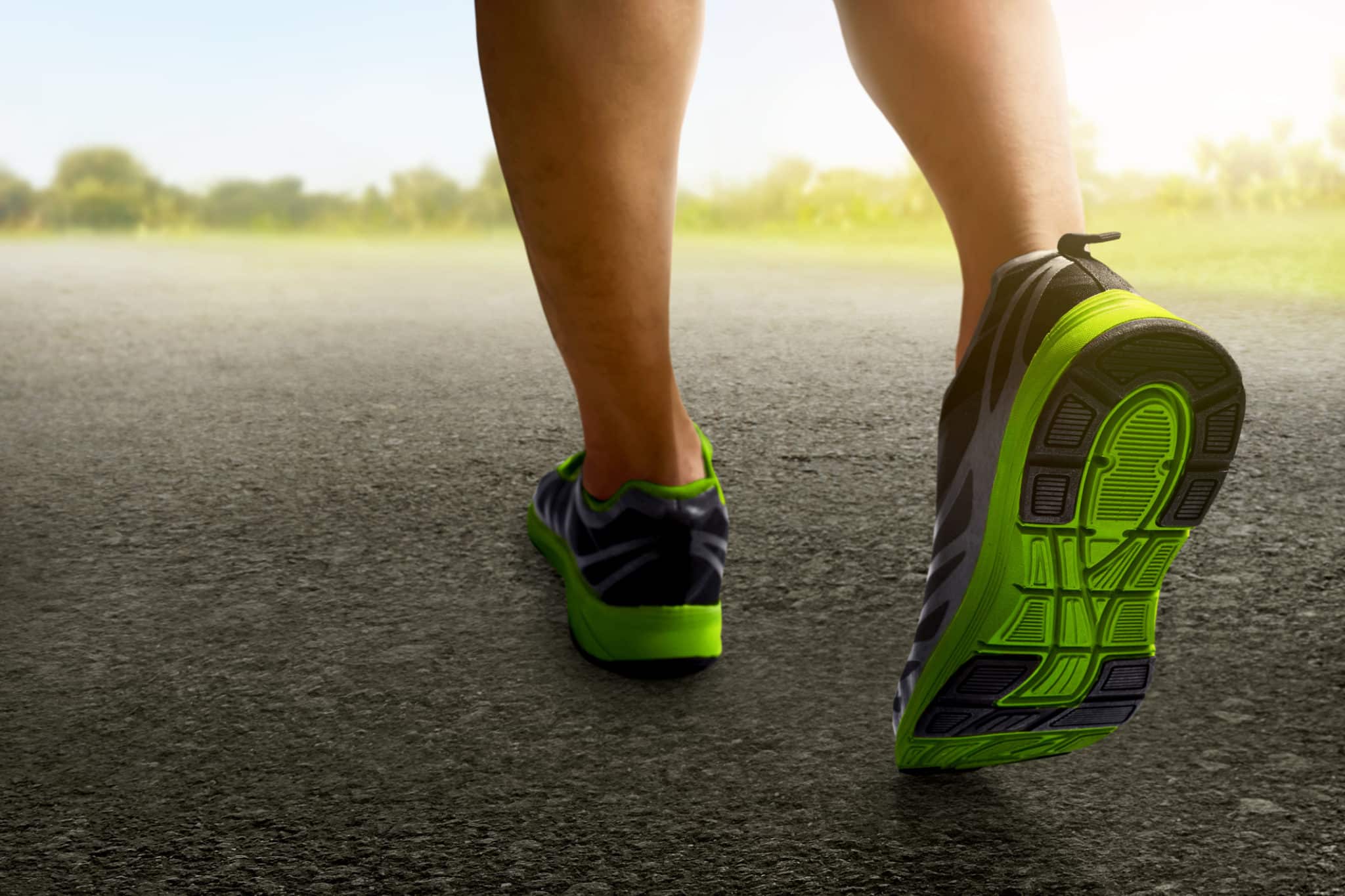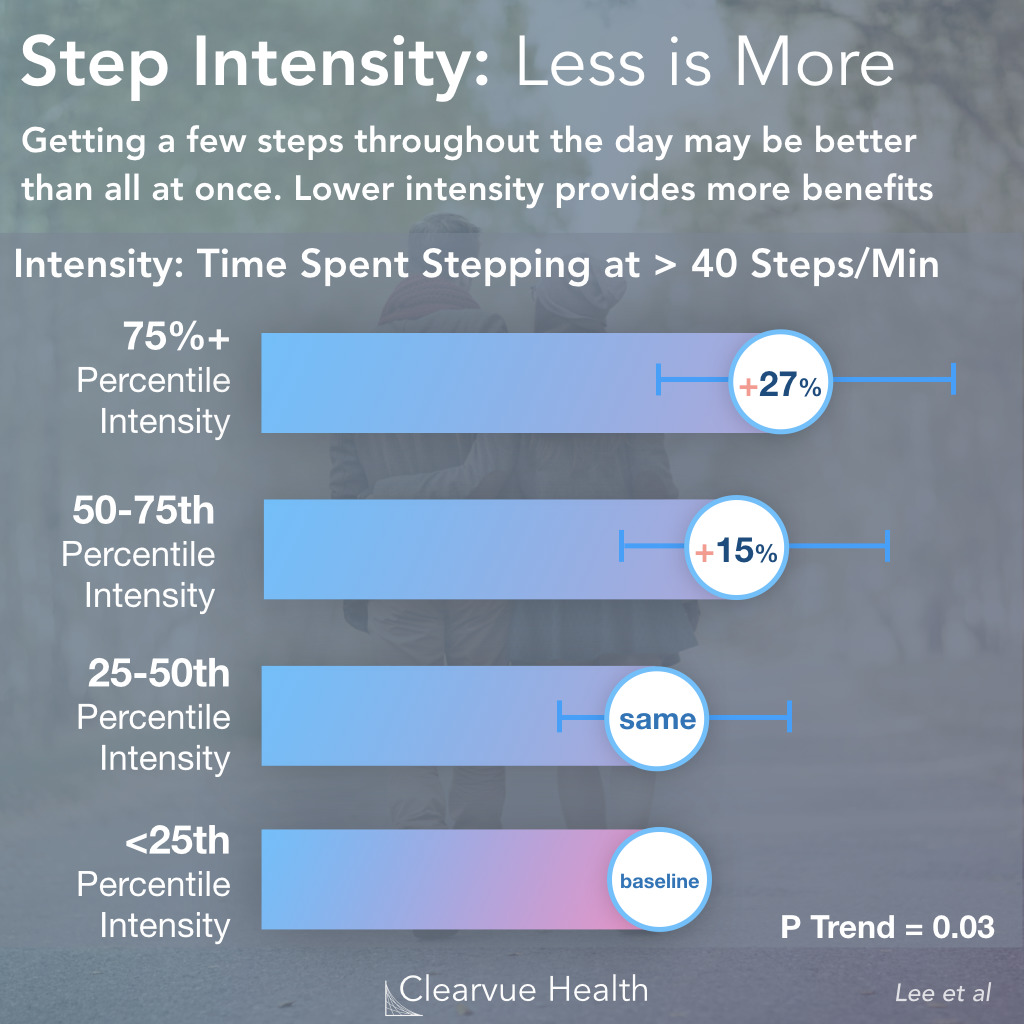Approx Distance Of 10 000 Steps The documentation for approxfun states that it is often more useful than approx I m struggling to get my head around approxfun When would approxfun be more useful than
10m approx e g i e c f I m trying to do a linear approximation for each id in the data frame between year using point x dplyr seems like an appropriate option for this but I can t get it to work because
Approx Distance Of 10 000 Steps

Approx Distance Of 10 000 Steps
https://i.pinimg.com/736x/87/da/9c/87da9ce8c8d8163451e1a4c3399913ed.jpg
Ph ng H p C Nh n C a BTC Cu c Thi EOV 2025 BU I THI S 02 V NG
https://lookaside.fbsbx.com/lookaside/crawler/media/?media_id=953578029961306&get_thumbnail=1

Infographic How To Hit 10 000 Steps A Day Walking For Health 10000
https://i.pinimg.com/originals/9c/3f/82/9c3f8290725e2550bf6d16cb79650cf5.jpg
I want to visualize polygonal curve s extracted with cv2 approxPolyDP Here s the image I am using My code attempts to isolate the main island and define and plot the contour As aggregated function is missing for groups I m adding an example of constructing function call by name percentile approx for this case from pyspark sql column import Column
Check out APPROX QUANTILES function in Standard SQL If you ask for 100 quantiles you get percentiles So the query will look like following SELECT How to do assert almost equal with pytest for floats without resorting to something like assert x 0 00001 lt y lt x 0 00001 More specifically it will be useful to know a
More picture related to Approx Distance Of 10 000 Steps

Do I Really Need To Walk 10 000 Steps A Day Zoom Pharmacy
https://zoompharmacy.co.nz/wp-content/uploads/2022/10/iStock-652864598-Man-Walking-Shoes-2048x1365.jpg

Calories Burned Walking 2 Miles 3 Miles 4 Miles Or More
https://lovelifebefit.com/wp-content/uploads/2023/06/calories-burned-walking.jpg

Steps Per Day Chart A Visual Reference Of Charts Chart Master
https://www.clearvuehealth.com/images/steps-per-day-statistics.004.jpg
The downside to Approx is that it has a couple of issues that we cannot fix without breaking backwards compatibility Because Catch2 also provides complete set of matchers x y approx approx
[desc-10] [desc-11]

Pin On Health Benefits Of Walking
https://i.pinimg.com/736x/60/cb/28/60cb2801bfbc83f724c5f4933917bce0.jpg

10 Ways To Get To 10 000 Steps 10000 Steps A Day Fitness Tips For
https://i.pinimg.com/736x/94/98/4e/94984e3f72c41d5270f79bb41f068d8d.jpg

https://stackoverflow.com › questions
The documentation for approxfun states that it is often more useful than approx I m struggling to get my head around approxfun When would approxfun be more useful than


Exercise General Practitioner Dr S Govender Richards Bay

Pin On Health Benefits Of Walking

For A Project In Her Geometry Class Mila Uses A Mirror On The Ground

For A Project In Her Geometry Class Chloe Uses A Mirror On The Ground

Loading Walking For Health Gym Motivation Pictures Workplace

Steps Per Day Chart A Visual Reference Of Charts Chart Master

Steps Per Day Chart A Visual Reference Of Charts Chart Master

1 Million Steps Challenge Printable Graphic By Jordynalisondesigns

Complete Download Land Of 10 000 Loves First Printing Edition Stewart

Mornin Barbados May 05 2025 Mornin Barbados May 05 2025
Approx Distance Of 10 000 Steps - Check out APPROX QUANTILES function in Standard SQL If you ask for 100 quantiles you get percentiles So the query will look like following SELECT
